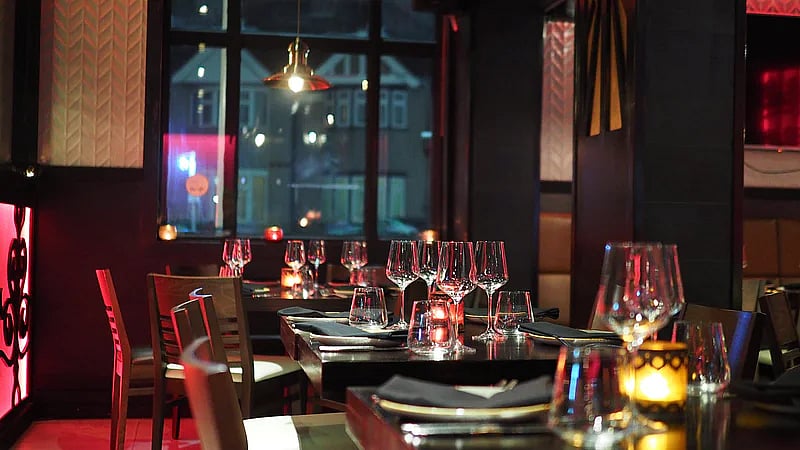A day after the Delhi High Court ruled in favor of the Central Consumer Protection Authority (CCPA), holding that service charges levied by hoteliers were against public interest and that restaurants cannot impose them on food bills in a “camouflaged and coercive” manner, consumer experts in Mumbai marked it as a major victory in a long-pending battle. Legal experts emphasized that large hotel chains have now realized that the rules issued by the CCPA are not merely guidelines but legally binding. Failure to comply could lead to penal action.
Experts also expressed hope that this judgment would lead to similar regulations in other consumer sectors.
Advocate Anand Patwardhan, former president of the Consumer Court Advocates Association, said, “It is a welcome judgment that will deter hotels from acting in a high-handed manner. The legal consequences hoteliers will face for failing to abide by the law will curb their exploitation of consumers. However, my hope is that this principle extends to other areas as well. Take, for example, airport passengers who are being fleeced.”
“Whenever one lands at an airport and opts for a prepaid taxi service, the fares are already higher than those fixed by the RTO. On top of that, service charges and a so-called ‘convenience fee’ of Rs 50 are added under different names. Consumers are being charged twice—once as a service charge and again as a convenience fee. The question is: at whose convenience is this fee being levied? It is certainly not for the passengers’ benefit, as taxi allotments at airports are often random and inconvenient.”
Adv Patwardhan further highlighted similar unfair charges in other industries: “When paying electricity bills online or booking airline or railway tickets, these sectors are not even using paper for billing, as everything is digital. Yet, convenience fees of up to Rs 250 per ticket are charged by airlines and railways. Even electricity bills include an additional Rs 50 charge simply because they are paid online, which is actually the most convenient mode of payment. This is absolutely wrong and unacceptable. If I were to stand in a queue and pay via cheque, which takes longer to process, it would be more inconvenient for both parties. So why should I be charged extra for a method that is faster and more efficient?”
Advocate Shirish Deshpande, Chairman of Mumbai Grahak Panchayat, speaking to The Free Press Journal, said, “The Delhi High Court has explicitly stated that no restaurant or hotel can insist on mandatory service charges. If a customer wishes to tip, they are free to do so voluntarily. However, hotels and restaurants cannot compel customers by simply putting up a board stating that they charge service fees. That practice has now been junked by the Delhi High Court.”
“Moreover, the guidelines issued on July 4, 2022, are now legally binding. The court has also clarified that the CCPA has the authority to issue such rules, and they must be followed by hoteliers. These regulations fall under the Consumer Protection Act, meaning any violation can be reported to the CCPA or the district collector, leading to penal action. The order is as clear as sunlight.”
If found guilty, hoteliers may face penalties, including the cancellation of their licenses to operate. Advocate Deshpande added, “Consumers who come across hotels violating the Delhi High Court’s order and charging extra service fees can file complaints via the consumer helpline at 1915.”
